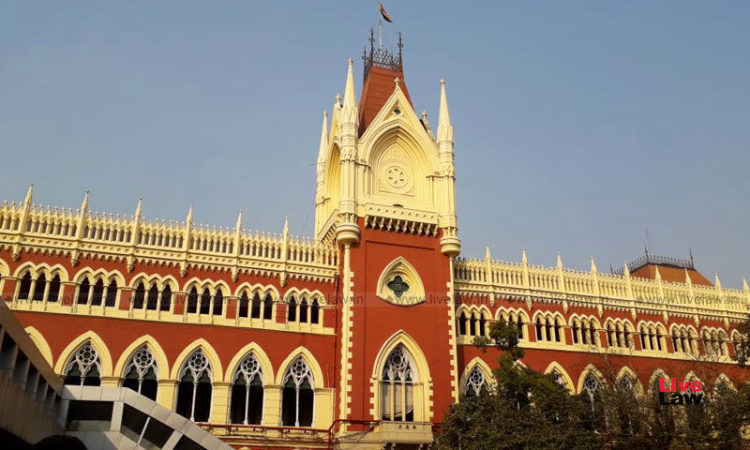The Calcutta High Court has held that the payment of interest on a cash loan falls within the ambit of unexplained expenditure within the meaning of Section 69C of the Income Tax Act.The bench of Chief Justice T.S. Sivagnanam and Justice Hiranmay Bhattacharyya has observed that it cannot be stated that the order passed under clause (d) of Section 148 is a non-speaking order, nor can the order...

